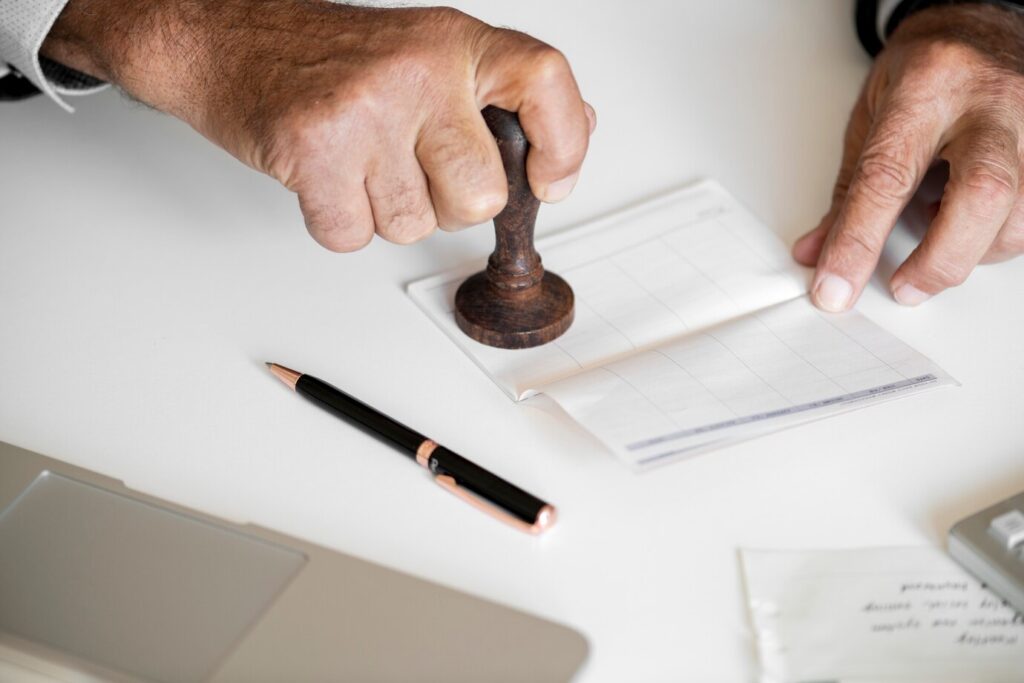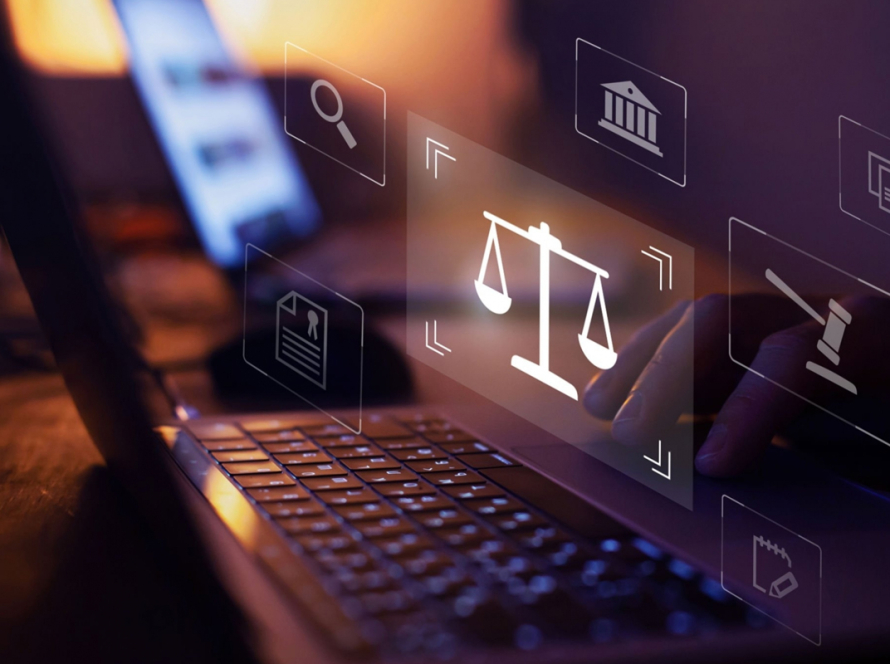Document forgery is one of the most debated and frequently encountered types of crime in the Turkish Penal Code. This crime, which can be committed with both official and private documents, is considered a serious offense that directly affects public trust. Forgery crimes are subject to severe penalties because they disrupt not only relationships between individuals but also public order.
As of 2025, in addition to criminal penalties for document forgery, the possibility of mediation may also be considered in certain cases.
What is the Crime of Document Forgery?
Document forgery is the preparation, alteration, or use of a document in a manner inconsistent with the original, resulting in legal consequences. This crime harms both individuals and society by undermining trust in documents.
-
TCK m.204: Forgery of official documents
-
TCK Article 207: Forgery of private documents
-
TCK m.210: Misuse of an open signature
The crime of forgery covers not only the person who creates a false document, but also the person who knowingly uses it.
Forgery of Official Documents
Forgery of official documents refers to the falsification of documents issued or purported to have been issued by a public official
-
The crime of forgery in official documents is subject to more severe penalties.
-
The fact that the offender is a public official increases the penalty.
-
For example, forging a diploma, identity card, or title deed constitutes forgery of official documents.
The penalties for forgery of official documents are high in order to protect the public’s trust in public institutions.
Forgery of Official Documents
Forgery of private documents refers to the falsification or use of documents used in legal relationships between individuals.
-
Falsification of private company documents
-
Alteration of the lease agreement
-
Alteration of a bank statement
Although the penalty for forgery of private documents is lighter than that for forgery of official documents, it is still punishable by imprisonment because it causes harm.
Misuse of Signature
The misuse of blank signatures, regulated as a type of document forgery in the Turkish Penal Code, refers to the unauthorized filling in of blank documents given to a person based on a relationship of trust.
-
The fraudster misuses trust to fill out the document’s contents to the detriment of the victim.
-
This crime undermines trust and causes serious harm to the victim.
-
The penalty is regulated in a manner similar to the crime of forgery in a private document.
Elements of the Crime of Document Forgery
For an act to be considered document forgery, the following elements must be present:
-
Document Nature: It must be a document that produces legal consequences.
-
Counterfeiting Offense: The creation, alteration, or use of a document.
-
Caste: The perpetrator’s actions with the intent to commit fraud.
-
Usage: If the document is only forged and has not yet been used, in some cases the crime may not be considered complete.
Penalties for Document Forgery (2025)
As of 2025, the penalties for document forgery are detailed in the Turkish Penal Code.
-
Falsification of official documents: Imprisonment for a term of two to five years
-
If committed by a public official: Imprisonment for a term of three to eight years
-
Forgery of private documents: Imprisonment for one to three years
-
Misuse of a blank signature: Imprisonment for a term of one to three years
Courts may increase or reduce the sentence depending on the nature of the offense and the intent of the perpetrator.
Document Forgery and Mediation
In the criminal justice system, reconciliation between the parties is possible for certain crimes. Forgery of documents also falls within the scope of reconciliation in certain circumstances.
-
The crime of forgery in private documents is subject to mediation.
-
The crime of forgery in official documents is not subject to mediation because it directly concerns public trust.
-
Misuse of a blank signature is also covered by the settlement.
How Does the Mediation Process Work?
Mediation is an alternative resolution method that allows the case to be dismissed if the victim and the perpetrator reach an agreement.
-
The prosecutor’s office sends the case file to the mediation office.
-
The mediator invites the parties to a meeting.
-
If the parties reach an agreement, minutes are drawn up and the case is dismissed.
-
If no agreement is reached, the trial will continue.
In the conciliation process, an agreement is usually reached through means such as redressing the damage, apologizing, or providing financial compensation.
The Advantages of Mediation
Mediation offers many advantages for both the victim and the perpetrator.
-
Quick resolution without court proceedings
-
Prompt compensation for the victim’s damages
-
Not entering the offense into the criminal record
-
Reduction in the workload of the judicial system
The Importance of Evidence in Document Forgery
Evidence is of critical importance in cases involving document forgery.
-
Criminal investigations (graphology, signature and handwriting analysis)
-
Expert reports
-
Data obtained from the environment in which the document was created
-
Witness statements
Courts decide whether a document is forged or not, particularly by considering the reports of graphology experts.
Supreme Court Decisions and Application
The Supreme Court has developed important precedents in document forgery cases.
-
Ordinary notes or personal writings are not considered documents.
-
Documents that do not produce legal consequences do not constitute forgery.
-
Changes made with the consent of the document’s true owner are not considered forgery.
These decisions determine the outcome of many cases in practice.
Document Forgery in the Digital Age
By 2025, cases of forgery in digital documents have increased. Tampering with e-signed documents or using fake digital certificates is also considered a crime.
-
Fake PDFs and digital contracts
-
Copying e-government documents
-
Counterfeiting of digital signatures and electronic certificates
With the advancement of information technology, cybercrime experts are also getting involved in document forgery cases.
Points to Consider from the Perspective of Victims
-
Exercise your right to file a complaint against the person who falsified or used the document.
-
Be sure to keep the evidence and submit it to the prosecutor’s office.
-
Consider the possibility of reconciliation.
-
Seek professional assistance during the legal process.
Points to Consider for Defendants
-
Carefully evaluate the nature of the document subject to forgery.
-
Request an expert examination to prove that the signatures are not yours.
-
Actively participate in the conciliation process to ensure the case is dismissed.
-
Proceed with the process with an experienced criminal defense attorney.
Legal Support with Atakan Ayhan Law Firm
Document forgery crimes can have serious consequences for both victims and defendants. Therefore, proper management of the process is of great importance.
Attorney Atakan Ayhan and his team provide professional legal support to their clients in document forgery cases with their expertise in criminal law. Taking the right steps at every stage, including the mediation process, will prevent loss of rights.
Document forgery is a crime that undermines public trust and carries serious penalties. As of 2025, forgery of official documents is subject to severe penalties, while crimes such as forgery of private documents and misuse of a signature may be subject to mediation.
Legal proceedings must be conducted conscientiously to protect the rights of the victim and enable the perpetrator to mount a proper defense. Seeking the support of an expert lawyer will contribute to a swift and fair outcome.




